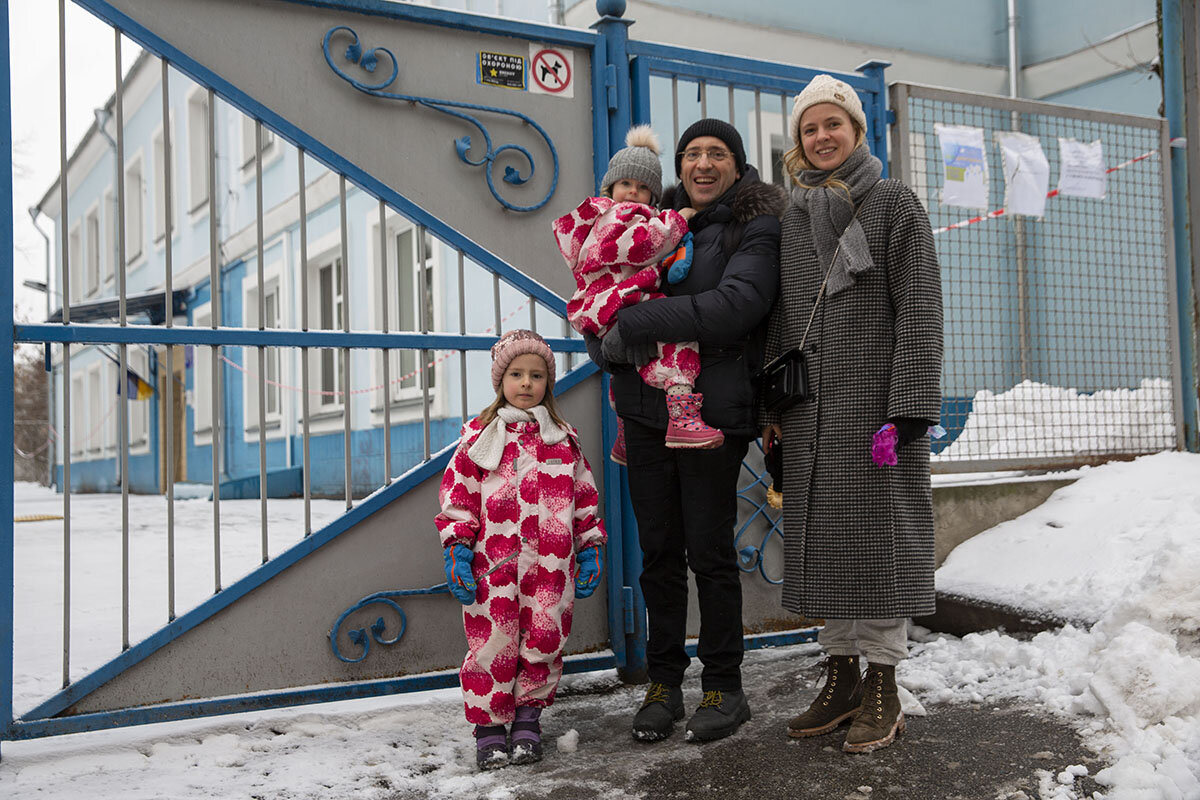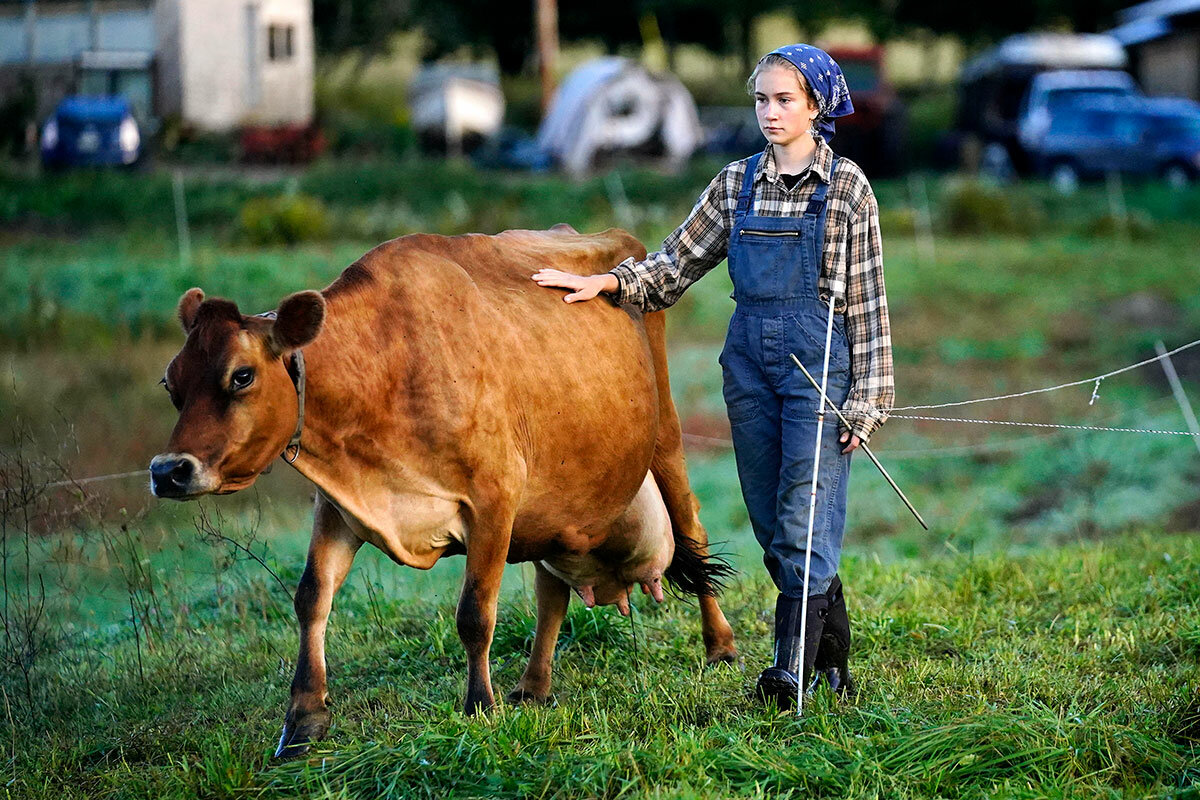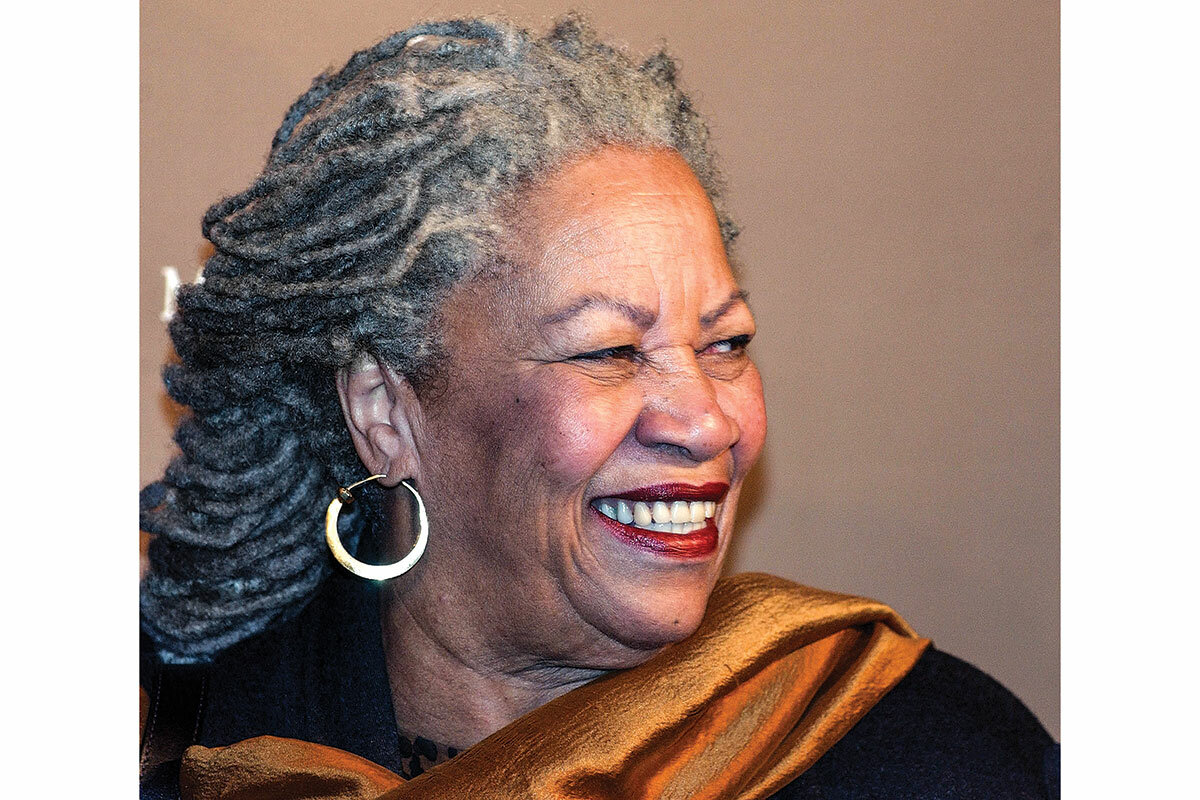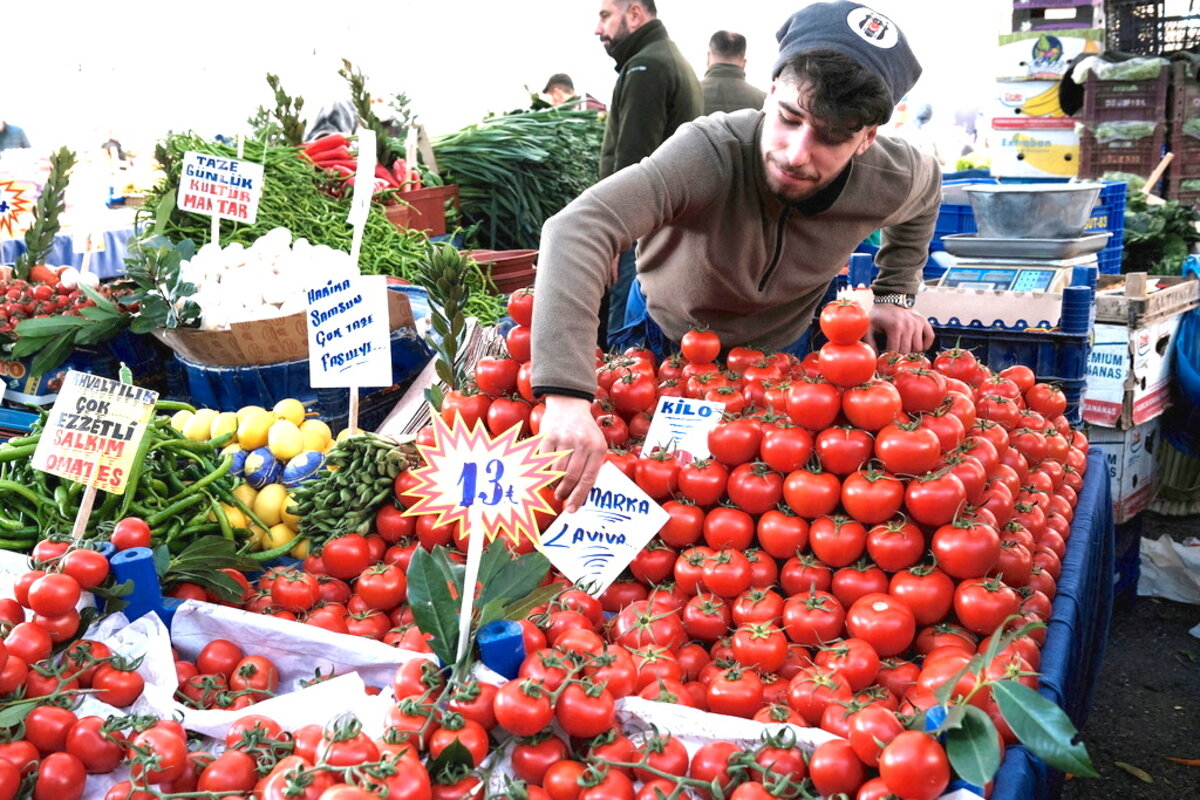How does daily life go on despite a looming threat of invasion? For Ukrainians, whose recent history includes the loss of Crimea, coping mechanisms range from fatalism to denial.
Monitor Daily Podcast
- Follow us:
- Apple Podcasts
- Spotify
- RSS Feed
- Download
 Clayton Collins
Clayton Collins
This past weekend, tennis was all about love.
The Australian Open win that really drove headlines was the newsmaker: Rafael Nadal’s record 21st Grand Slam win, a dramatic five-set comeback that moved the Spaniard out of a three-way tie with two of the sport’s other modern legends, Roger Federer and the newly controversial Novak Djokovic.
But tennis-loving Australians, who hadn’t seen a homegrown player win a major on their soil in 44 years, had already been rewarded on Saturday when Queensland-born Ashleigh Barty, world No. 1, took the women’s tournament title, winning every set in her seven matches along the way.
This was a particularly deep victory, tied to a place, not just to a country. Ms. Barty’s heritage is Indigenous Australian. In the crowd – a surprise for Ms. Barty – was Evonne Goolagong Cawley, four-time singles champion at the Open and also an Indigenous Australian, of the Wiradjuri people. (Ms. Barty traces her heritage to the Ngarigo.)
The two first met when Ms. Barty, now 25, was a teen prodigy. At Wimbledon, in July, she had paid tribute to Ms. Goolagong Cawley on the 50th anniversary of the elder player’s historic title win there. Ms. Barty had worn a contemporary Fila outfit with design echoes of a trademark Goolagong look on her way to winning the 2021 women’s title.
There, as in Melbourne, athletic prowess and persistence were the focus. At both venues, respect and shared pride were the deeper storylines. “I cherish our shared heritage,” Ms. Barty said of Ms. Goolagong Cawley in a Wimbledon anniversary video she narrated, “and I’m humbled to walk in her footsteps.”










